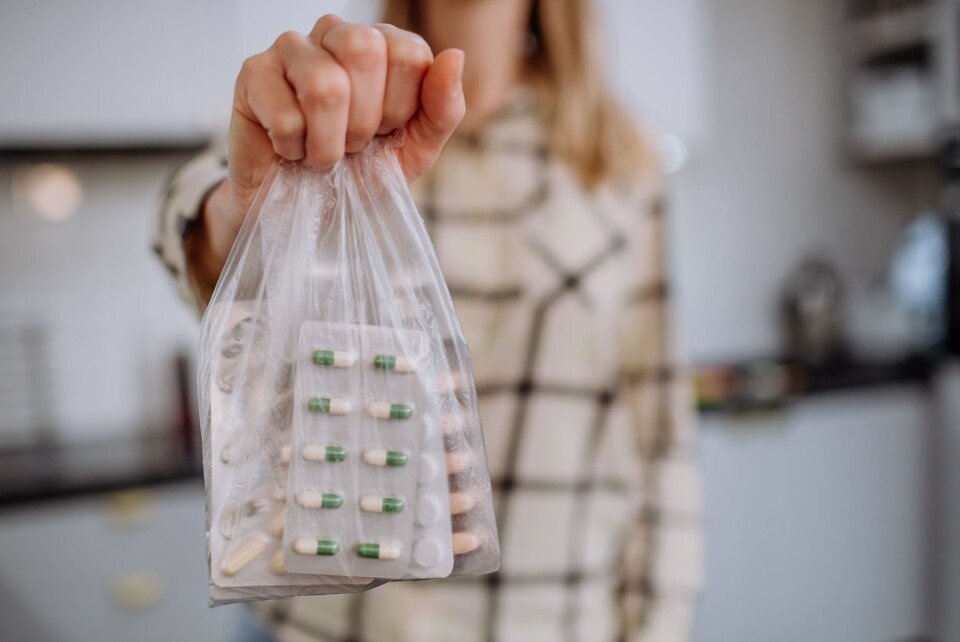-
How accurate are time estimates for French hiking paths?
Mathematical formula is basis for sign figures
-
My French cleaner is too familiar with me
Columnist Cynthia Spillman advises a reader on setting boundaries
-
Travelling during a residency card renewal: how can I show I am exempt from EES?
Tens of thousands of ‘Brexit’ cards are nearing expiry this year
How do I dispose of out-of-date medicines in France?
Throwing medicines down the sink or toilet or in the rubbish is discouraged as it can cause pollution

Reader question: I have some out-of-date medicines in my drawer. Is there a specific way I have to get rid of them? Is there a difference between prescription and over-the-counter medicines?
While there are no specific laws in France that require you to dispose of your medicines in a certain way, throwing them in the bin can mean they end up in landfill where they will contaminate the soil and can pollute the groundwater.
Meanwhile, if they are thrown down the sink or toilets they will end up in rivers.
The best way to dispose of expired or unused medicines in France is by taking them back to a pharmacy.
All pharmacies are required to accept unused medicines even if you did not buy them from that specific store.
You should only bring the medicine itself and not its box or accompanying leaflets, which can be put in your recycling bins at home. It is acceptable to bring back the casing the medicine is inside, for example protective packaging, as in the photo above. In the case of tubes or bottles, make sure they are properly sealed.
You can either hand the medicines to a pharmacist directly or you can dispose of them in a special green box inside the pharmacy.
The medicines returned to pharmacies are collected and then safely disposed of via special incinerator units.
A byproduct of this incineration is the production of electricity, which currently provides between 7,000 and 8,000 homes with energy according to Cyclamed, a non-profit-making association which disposes of medicines in France.
Are there any restrictions on what I can take back to a pharmacy?
Generally, pharmacists will accept all medicines, including over-the-counter ones and those that doctors prescribe.
Pharmacists will accept:
-
Tablets (both over-the-counter ones such as paracetamol and prescription drugs)
-
Creams, ointments and gels
-
Aerosols, sprays and inhalers
-
Syrups and ampoules
If in doubt as to whether an item is a ‘medicine’ you can check it in the search box at Cyclamed’s site.
One thing to note is that everyday products that can be brought in some pharmacies (shampoo, make-up, etc) cannot be given back to pharmacists to be disposed of.
Other items that cannot be disposed of by returning to pharmacies include:
-
Medical devices (such as thermometers and syringes)
-
Plasters
-
Glasses and contact lenses
-
Food supplements
-
Household chemical products (cleaners and bleach products)
-
Veterinary products
-
Biological test results or X-rays
-
Cosmetic products (including make-up remover, nail varnish, sun creams, etc)
Note that some medicines, if unused or only partially used, are required to be disposed of at a pharmacy, as they are particularly toxic or dangerous to the environment, such as certain acne medicines.
Others, including cancer drugs, must be disposed of in a certain way – you should always read the packaging to see rules surrounding medicine disposal.
Related articles
Self-medication shown to be widespread in France posing health risks
























